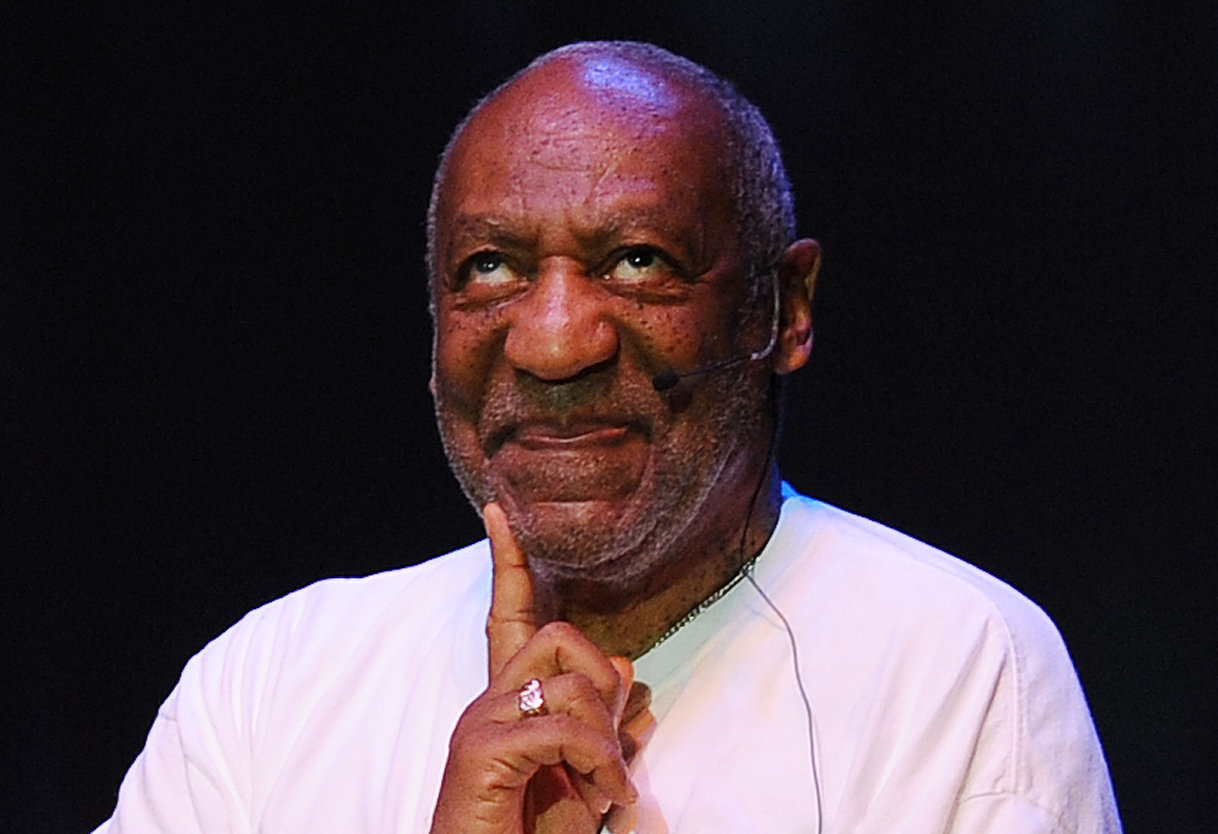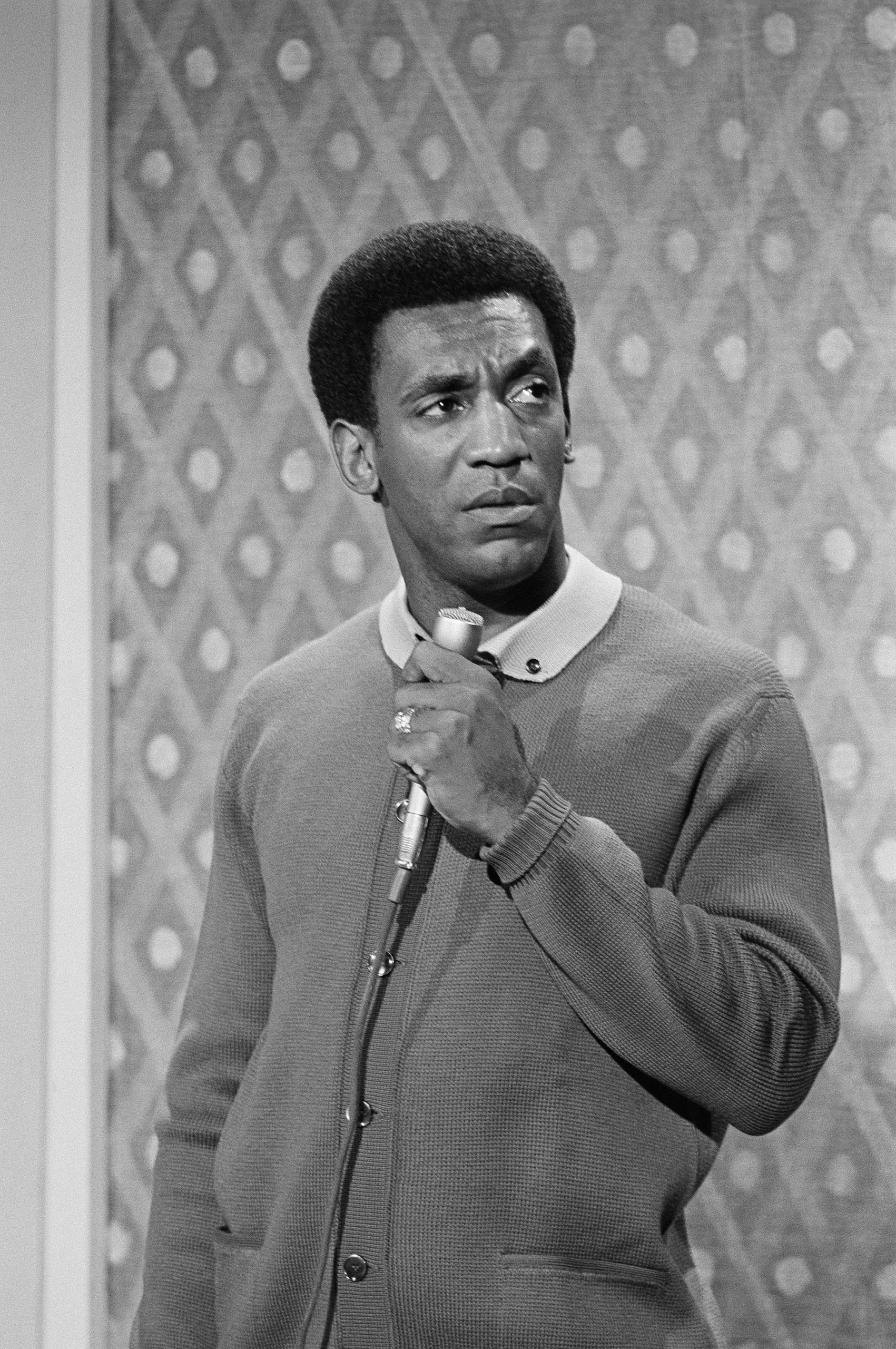Bill Cosby, an iconic figure in the entertainment industry, has left an indelible mark on American pop culture. For decades, he was celebrated as a comedian, actor, and cultural icon. However, his legacy became marred by allegations of sexual misconduct, transforming him into one of the most controversial public figures of our time. This article delves into the life, career, controversies, and enduring influence of Bill Cosby.
Beyond his comedic genius and groundbreaking television work, Cosby's story is a complex narrative that reflects broader societal issues, including the #MeToo movement and the challenges of reconciling art with the artist. His journey from beloved entertainer to convicted felon has captivated the world and sparked intense debates about justice, accountability, and redemption.
Through this comprehensive exploration, we aim to provide a balanced perspective on Bill Cosby's life, career, and controversies. By examining key aspects of his biography, achievements, and the allegations against him, readers will gain a deeper understanding of this multifaceted figure and the broader implications of his case.
Read also:Squirrel Repellent Effective Ways To Keep Your Home And Garden Safe
Table of Contents
- Biography of Bill Cosby
- Early Life and Education
- Comedy Career and Breakthrough Success
- The Cosby Show: A Cultural Phenomenon
- Controversies and Legal Battles
- Public Reaction and Societal Impact
- The Legal Process and Conviction
- Legacy and Cultural Influence
- Rehabilitation and Redemption
- Conclusion: Reflections on Bill Cosby's Legacy
Biography of Bill Cosby
Early Life and Education
William Henry "Bill" Cosby Jr. was born on July 12, 1937, in Philadelphia, Pennsylvania. Raised in a working-class family, Cosby grew up in the Richard Allen Homes, a public housing project. His father, William Henry Cosby Sr., served in the U.S. Navy, while his mother, Anna Pearl Cosby, worked as a maid. From a young age, Cosby displayed a knack for storytelling and humor, often entertaining his classmates and friends.
After graduating from Germantown High School in 1956, Cosby briefly pursued a career in athletics. However, he soon discovered his passion for comedy and began performing stand-up routines in local clubs. His unique storytelling style and relatable humor quickly gained attention, setting the stage for his future success.
Biographical Data
| Full Name | William Henry Cosby Jr. |
|---|---|
| Date of Birth | July 12, 1937 |
| Place of Birth | Philadelphia, Pennsylvania |
| Profession | Comedian, Actor, Author, Activist |
| Education | Temple University (BA in Education) |
Comedy Career and Breakthrough Success
Bill Cosby's comedy career took off in the early 1960s when he began performing in prominent comedy clubs across the United States. His stand-up routines often drew from everyday experiences, resonating with diverse audiences. In 1965, Cosby achieved national recognition as a cast member of the groundbreaking television series I Spy, where he became the first African American actor to star in a dramatic television series.
His work on I Spy earned him three consecutive Emmy Awards for Outstanding Lead Actor in a Drama Series. This success paved the way for Cosby's transition into the world of comedy specials, where his storytelling abilities shone brightly. Shows like Bill Cosby: Himself showcased his wit and charm, further cementing his status as a household name.
The Cosby Show: A Cultural Phenomenon
The pinnacle of Bill Cosby's career came with the debut of The Cosby Show in 1984. This sitcom, centered around the fictional Huxtable family, became a cultural phenomenon, dominating television ratings for nearly a decade. The show's portrayal of a successful, upper-middle-class African American family challenged stereotypes and provided a positive representation of Black families in mainstream media.
Key themes explored in The Cosby Show included family values, education, and social responsibility. The series also tackled important issues such as race relations, gender roles, and generational differences. Its impact extended beyond entertainment, influencing societal perceptions and inspiring future generations of creators.
Read also:The Ultimate Guide To Dj Controllers Everything You Need To Know
Controversies and Legal Battles
Despite his illustrious career, Bill Cosby's reputation faced a dramatic downfall in the 2010s when numerous women came forward accusing him of sexual misconduct. These allegations, spanning decades, cast a shadow over his legacy and led to widespread public scrutiny. By 2018, Cosby was convicted of drugging and sexually assaulting Andrea Constand, marking a historic moment in the #MeToo movement.
The legal proceedings surrounding Cosby's case were highly publicized, with debates raging about the credibility of accusers, the statute of limitations, and the justice system's handling of such cases. While some viewed the conviction as a triumph for survivors, others questioned the fairness of the trial and the media's role in shaping public opinion.
Public Reaction and Societal Impact
The allegations against Bill Cosby sparked intense discussions about consent, accountability, and the treatment of victims in the entertainment industry. Many celebrities and public figures distanced themselves from Cosby, while others expressed skepticism about the allegations. This divide reflected broader societal tensions regarding the intersection of fame, power, and justice.
Institutions and organizations also responded by removing Cosby's honors and affiliations. For instance, the prestigious University of Massachusetts rescinded his honorary degree, citing his actions as contrary to their values. Such moves highlighted the growing recognition of the importance of addressing systemic issues within society.
The Legal Process and Conviction
Bill Cosby's trial and subsequent conviction were landmark moments in the legal landscape. The case involved complex legal arguments, including the admissibility of prior bad acts and the reliability of memory over time. Prosecutors presented compelling evidence, including testimony from other accusers, to establish a pattern of behavior.
After being sentenced to three to ten years in prison, Cosby's case took another turn in 2021 when the Pennsylvania Supreme Court overturned his conviction. This decision, based on procedural grounds, reignited debates about the fairness of the original trial and the broader implications for survivors seeking justice.
Legacy and Cultural Influence
Despite the controversies surrounding him, Bill Cosby's contributions to the entertainment industry and American culture cannot be overlooked. His pioneering work in television and comedy broke barriers and inspired countless individuals. Shows like The Cosby Show remain iconic for their positive representation of Black families and their emphasis on education and family values.
However, Cosby's legacy is now intertwined with the allegations against him, raising important questions about how society should evaluate artists with problematic pasts. As conversations around art and accountability continue, Cosby's story serves as a powerful reminder of the complexities involved in reconciling talent with transgression.
Rehabilitation and Redemption
Following his release from prison, Bill Cosby has largely remained out of the public eye. Some supporters argue that he deserves a chance at rehabilitation and redemption, emphasizing the importance of personal growth and accountability. Others maintain that his actions disqualify him from public sympathy, underscoring the need for justice and accountability in all cases of sexual misconduct.
As society grapples with these issues, Cosby's case highlights the ongoing struggle to balance forgiveness with justice. It also underscores the importance of creating systems that protect victims and hold perpetrators accountable, regardless of their status or influence.
Conclusion: Reflections on Bill Cosby's Legacy
In conclusion, Bill Cosby's life and career represent a complex tapestry of achievements, controversies, and societal implications. From his groundbreaking work in television to the allegations that tarnished his reputation, Cosby's story reflects broader issues within the entertainment industry and society at large.
As we reflect on his legacy, it is essential to acknowledge both his contributions and the harm caused by his actions. By engaging in meaningful discussions about consent, accountability, and justice, we can work towards a more equitable and just society. Readers are encouraged to share their thoughts and engage in constructive dialogue, helping to shape a better future for all.
For those interested in exploring related topics, consider reading articles on the #MeToo movement, the impact of media representation, and the intersection of art and accountability. Together, we can foster a culture of understanding, empathy, and justice.


